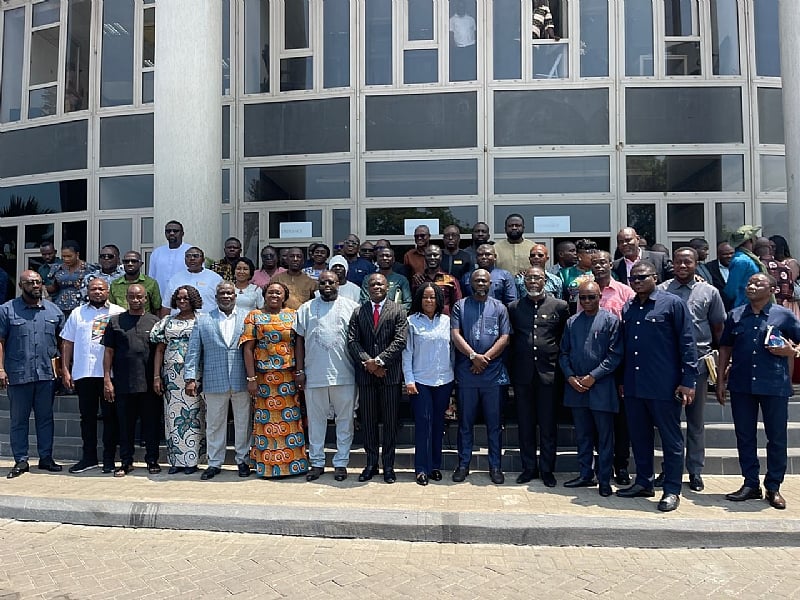The Ministry of Local Government, Chieftaincy and Religious Affairs in Ghana has initiated a robust sanitation campaign aimed at transforming the cleanliness landscape across the nation. This comprehensive initiative, spearheaded by Minister Ahmed Ibrahim, mandates all Metropolitan, Municipal, and District Assemblies (MMDAs) to achieve a pristine state of public cleanliness by 8:00 am daily, commencing September 4, 2025. This directive serves as a precursor to the revitalized National Sanitation Day, scheduled for September 6, 2025, and championed by President John Dramani Mahama as a central pillar of the Clean Up Ghana Agenda. The core objective is to instill a culture of consistent cleanliness and elevate sanitation standards nationwide.
This intensified sanitation drive signifies a paradigm shift in the assessment of local governance performance. Sanitation has been elevated to a primary benchmark for evaluating the effectiveness of Chief Executives. The Minister emphasized that the ability to maintain clean environments will be a crucial determinant of their success and accountability. This new metric underscore the government’s commitment to prioritizing public health and environmental well-being. The MMDAs are tasked with implementing practical measures, including regular desilting of drains, prompt removal of refuse heaps, and sustained upkeep of ceremonial streets and marketplaces.
To ensure effective implementation and transparency, the Ministry has introduced a comprehensive monitoring framework. This includes a dedicated sanitation hotline, enabling citizens to report sanitation issues directly and fostering a sense of shared responsibility. Complementing the hotline is a central monitoring dashboard, providing real-time tracking of sanitation progress in each assembly. This data-driven approach will bolster accountability and allow for timely intervention in areas requiring attention. The Minister unequivocally stated that the performance of each MMDA would be closely scrutinized, with both achievements and shortcomings being publicly acknowledged.
The overarching goal of the Clean Up Ghana Agenda is to transform the nation’s sanitation landscape by fostering a culture of proactive cleanliness and civic responsibility. The initiative aims to move beyond periodic cleanup campaigns towards establishing sustainable sanitation practices embedded in daily routines. This transformation requires active participation from all stakeholders, including citizens, local communities, and government agencies. By empowering individuals to take ownership of their surroundings and providing them with the necessary tools and channels to report concerns, the government aims to create a sense of collective responsibility for maintaining a clean and healthy environment.
The revitalized National Sanitation Day serves as a focal point for community engagement and reinforces the importance of nationwide participation in achieving the Clean Up Ghana objectives. It provides a platform for collective action, bringing together individuals, communities, and organizations to work towards a common goal. The President’s active involvement in relaunching the National Sanitation Day underscores the government’s commitment to this crucial initiative and highlights the urgency of addressing sanitation challenges. By mobilizing national efforts and resources, the government aims to create a lasting impact on the nation’s sanitation standards.
The long-term vision of the Clean Up Ghana Agenda extends beyond addressing immediate sanitation challenges. It seeks to create a healthier, more sustainable environment that promotes economic growth and enhances the quality of life for all citizens. Improved sanitation has far-reaching benefits, including reduced disease burden, enhanced tourism appeal, and increased productivity. By investing in comprehensive sanitation infrastructure, fostering community ownership, and implementing effective monitoring mechanisms, the government aims to create a cleaner, healthier, and more prosperous future for Ghana. The sustained implementation of these initiatives will be crucial in achieving tangible and lasting improvements in the nation’s sanitation landscape.


